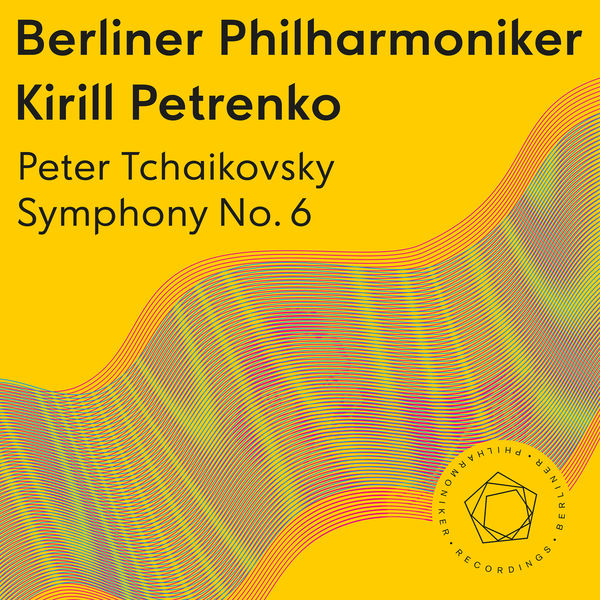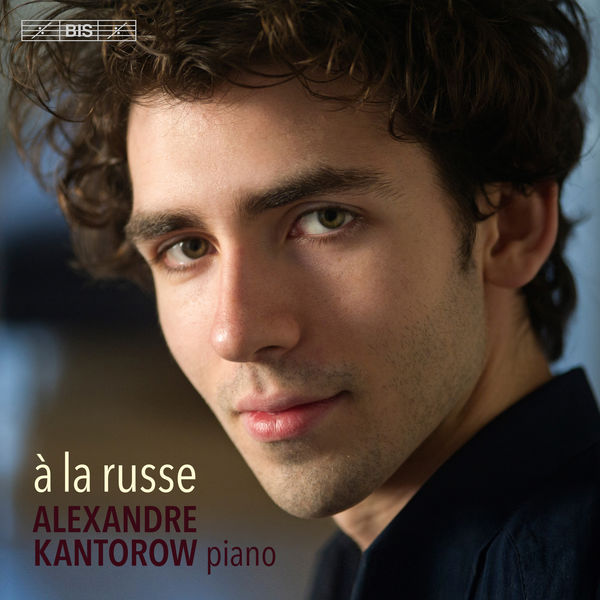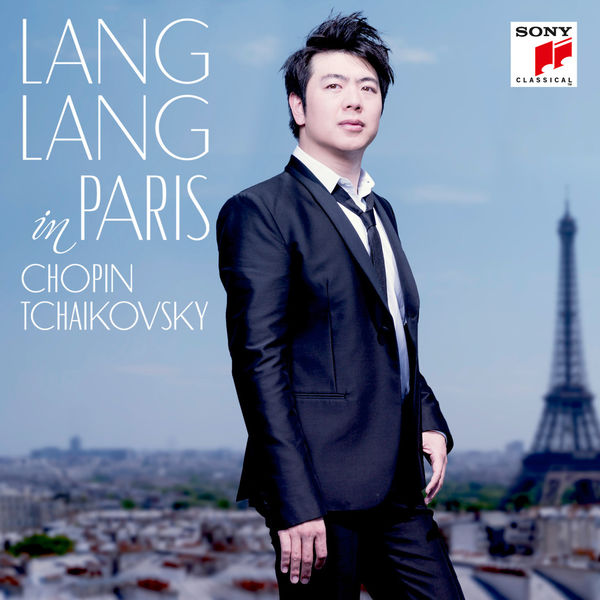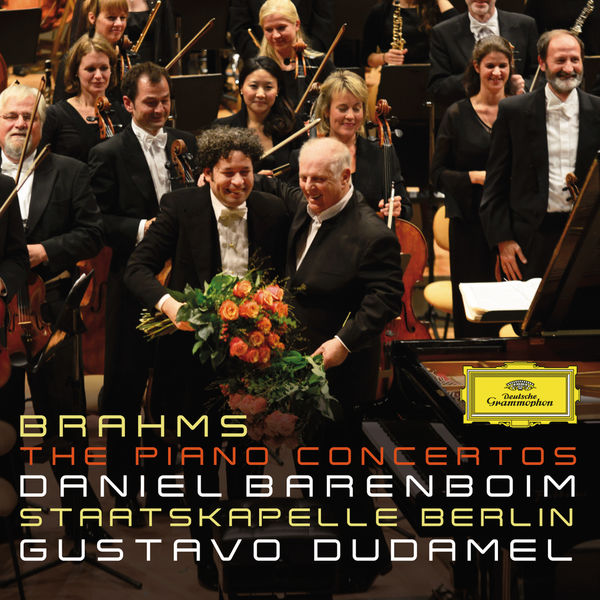Peter Ilyitch Tchaikovsky
My first ever post on this blog regarding Tchaikovsky created a bit of a debate among my readers, as it was titled Tchaikovsky Symphony No. 5 with Neeme Järvi or Why I Don’t Like Tchaikovsky.
Several of them couldn’t believe that I don’t really like Tchaikovsky that much, and tried to convince me otherwise.
That said, this post has been some years ago and I still basically limited my Tchaikovsky listening to about once yearly going back to said Symphony No. 5, occasionally the Violin Concerto with Heifetz (but more likely because it is on the same album as his fantastic Brahms), and every once in a while testing out new versions of his piano concerto no. 1, more often than not being disappointed.
And, for sure, during the pre-Christmas period, the Nutcracker, ideally by Rattle, was a must have.
I’ve tried the four early symphonies by Tchaikovsky, never got them, but most surprisingly his 6th, which many consider his symphonic masterpiece, never got my attention.
So when the Berlin Philharmonic finally released his first album with their new boss (elected many years ago), I got curious.
I’m very happy I did check it out.
Tchaikovsky Symphony No 6 – Kirill Petrenko – Berlin Philharmonic Orchestra (BPO 2019)

So far, I must admit I always go a bit lost in this piece. Guess what, Petrenko really opened my eyes and ears here.
His very transparent reading helped me to see the structure, to understand the nuances, to see the many beautiful similarities with the beautiful orchestral sounds of his ballets.
At the same time, this is not a slim HIP-inspired baroque interpretation, as the word “transparent” may imply. This is the romantic power and suave sound of the BPO at it’s best. So all the necessary drama of the “Pathétique” is there when it is needed.
If this is an indication of the future of the Berlin Philharmonic under his new conductor, I hope this was not only a snapshot from the honeymoon period. We could be really entering a new Golden Age of the BPO, and we all should be going back to Scharoun’s yellow tent more often (if you can get tickets).
My rating: 5 stars
P.S. Gramophone agrees, giving this album an Editor’s Choice in the July 2019 edition
You can find it here (Qobuz)






